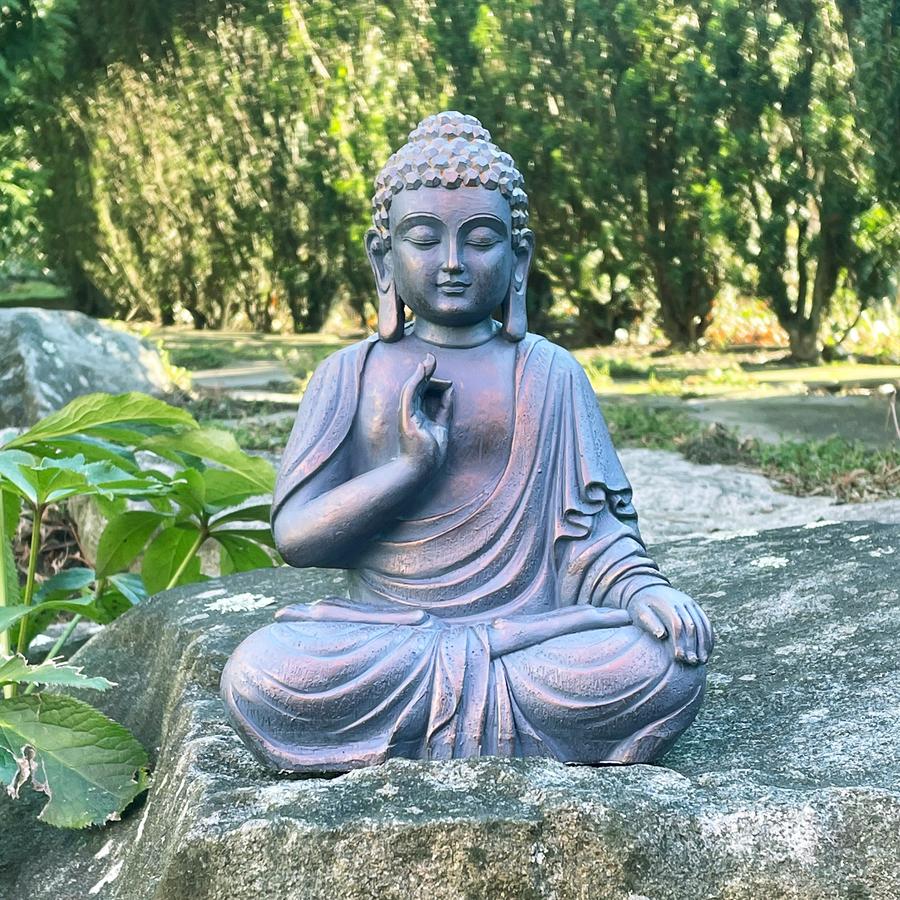In Buddhism, there exists 3 major schools: Theravada, Mahayana, and Vajrayana. Theravada Buddhism uses the Pali Canon as the core of its practice. This body of scripture contains the first written documentation of Buddha’s teachings, preserved in the Pāli language. When translated from Pali, Theravada means “Doctrine of the Elders”. This branch of Buddhism is dominant in certain countries, such as Cambodia, Laos, Myanmar, Sri Lanka, and Thailand, while remaining a minority in others, like Bangladesh, China, Malaysia, and Nepal. Theravada is also sometimes referred to as Southern Buddhism. Theravada Buddhism believes their practice to be the closest to the teachings of the Buddha. They believe that we, as humans, must push for self-liberation through deep meditation and studying the Buddha’s teachings.

In Theravada Buddhism, the new year is celebrated for three whole days starting from the first full moon in April. New Year’s celebrations have transformed over time and each country has their own unique traditions surrounding the holiday. Similar to many other religious holidays, Theravada New Year is celebrated with a variety of traditional celebrations in addition to more contemporary counterparts. In Buddhism, water symbolizes purity so it takes an important role in celebrating the New Year. Both old and new traditions heavily lean on the significance of water, as it is believed to symbolically “cleanse” any negativity brought about by the previous year and grant a fresh start.
Perhaps the most famous of the contemporary celebrations is the water fight in Thailand. During the Thai New Year celebrations, also known as the Songkran Festival, thousands take to the streets to participate in massive, friendly water fights using squirt guns, buckets, and hoses. Cities will shut down entire streets to allow for these events to take place, which are also often accompanied by music, dancing, alcohol, and a general party atmosphere. In Bangkok, the fire department will even spray participants with fire hoses! All of these water-themed celebrations are viewed as a welcome escape from the April heat, since it’s the hottest month of the year in Thailand.

Amongst the more traditional methods of celebration is a more subdued use of water, where it is used to symbolically wash away sins. People not only wash themselves but also their houses, statues, and temples. In Thailand, it is customary to sprinkle water lightly on Buddha statues. Theravada New Year’s is also considered a time for merit-making and giving alms as a way to bring one closer to enlightenment. In Myanmar and Laos, it is not uncommon to see people buy live fish and birds in order to release them into the wild. This is meant to emphasize the importance of compassion for all living things - one of the fundamental teachings in Buddhism.
Above all, the most important things to cherish during the Theravada Buddhist New Year are family, friends, and all loved ones. Some countries, such as Thailand, even close down businesses and have extended the holiday in order to give families more time to celebrate with each other.



1 comment
May the Blessings of Ever Flowing Waters fill all beings with Love, Peace, Joy and Compassionate Wisdom and the radiant Light from that fourfold abided ever more in the One Heart of Great Love, Great Compassion.